The views expressed in our content reflect individual perspectives and do not represent the authoritative views of the Baha'i Faith.
Everything I knew about America I learned from movies. America had cities where Gene Kelly danced and sang in the rain, and streets like Broadway, lined with brightly lit movie houses and theaters.
American women were Marilyn Monroe, being teased flirtatiously on a train by Tony Curtis. American men were Gregory Peck, wooing Audrey Hepburn.
America was beautiful people in colorful, expensive clothing, smiling happily in large chrome-trimmed cars going down a coastal highway in the sun, endlessly in love, casting their worries to the wind, insouciant …
I was a 19-year-old Iranian Baha’i teenager in 1961, and full of dreams. I had just enough money to make them a possibility. Life in Iran under the welter of the mullahs’ hatred of Baha’is like me and the dictatorship of the Shah and his officers felt very restrictive. I was jealous of people who could pursue their ambitions. So, unbeknownst to my family, I decided to go to America.
With money in my pocket from my mother’s inheritance, and using the basic English I had learned, I went to the American consulate. The embassy staff paid little attention to me; I must have seemed like some crazy Persian kid when I uttered nonsense phrases like, “Me America Einstein Von Braun” – words I knew from my lessons. They gave me a few college applications, which I completed, opting to study nuclear engineering, which sounded modern and advanced.
Columbia University immediately rejected me, but Harvard sent me an acceptance letter!
I took this treasure to the consulate and got my visa. The agent seemed quite surprised. My family was so proud of me, and the news that their favorite son was going to Harvard spread. Since the Baha’i teachings put such a strong emphasis on education, I felt the need to exert “a mighty effort:”
… education is the indispensable foundation of all human excellence and alloweth man to work his way to the heights of abiding glory. If a child be trained from his infancy, he will, through the loving care of the Holy Gardener, drink in the crystal waters of the spirit and of knowledge, like a young tree amid the rilling brooks. And certainly he will gather to himself the bright rays of the Sun of Truth, and through its light and heat will grow ever fresh and fair in the garden of life. …
If, in this momentous task, a mighty effort be exerted, the world of humanity will shine out with other adornings, and shed the fairest light. Then will this darksome place grow luminous, and this abode of earth turn into Heaven. – Abdu’l-Baha, Selections from the Writings of Abdu’l-Baha, pp. 129-130.
The day of my departure for America came rapidly, and I made my way to Southampton, England, the port from which the Titanic had sailed on its maiden voyage, and whose sinking had left hundreds of Southampton families bereft. I boarded the ocean liner the Queen Mary, water lapping against the huge liner’s black and red hull from which rose floors of white cabins topped by three giant tilting chimneys.
The crossing cost me $50 and took six days. I shared a cabin with a roommate, a young British man with the personality of a playboy. Knowing no one on the ship, I went around with him. One evening, he flirted with two Irish girls. I knew nothing about dating or girls, but wound up holding the hand of one of them, repeating to her the few English words I knew: America, Einstein, Von Braun.
Another night onboard, I won a costume contest with my traditional white, furry, flat-topped Persian hat that leaned to the right on my head. At the dinner table I had no idea about correct silverware etiquette, so I followed the lead of the others. This young man with whom I roomed on the Queen Mary went on to find fame and fortune as the television personality Robin Leach.
After a stormy Atlantic crossing, the Queen Mary entered the port of New York. Seeing the Statue of Liberty come into view, I thought about how far I had journeyed, and I felt close to the millions of immigrants who had fled religious and political persecutions in their quest for freedom. My tiny hometown of Nayriz, Iran seemed long ago in a faraway universe. This was a new world.
After I arrived in the U.S. in 1961, my first shock came when I realized that I had made a mistake when applying to colleges. The employees at the YMCA where I stayed pointed out that though I thought I had applied to Harvard, I had, in fact, applied to Howard, a name that sounded identical to my Persian ears. Howard University, though, did not have a nuclear engineering program – a field I had chosen because it seemed so contemporary and cutting edge, even though I had no real idea what it meant.
Instead, I traveled north because I had already been accepted to the language program at Saint Michael’s College, a Jesuit school in Vermont, which I had planned to attend to improve my English in preparation for full-time university study.
Getting off the bus in Burlington and walking across the empty campus – the other students in the program had not yet arrived – I began to have my first misgivings about coming to America. I knew nothing about Jesuit schools. Lying awake at night, I remembered that in one of my favorite novels, The Hunchback of Notre Dame, the heroine is attacked by a priest. Seeing priests around the dark campus made me afraid.
I learned passable English from my three months at Saint Michael’s College. Then I ran out of money. Back in New York City, I had to find a university to attend to keep my visa and my plans on track. Fortunately, a prominent Iranian statesman and activist, Professor Nasrollah Fatemi, was the new chair of the department of social sciences of Fairleigh-Dickinson University and was eager to recruit Iranian students like me.
I started school and worked the counter at the Walgreens drug store on the corner of Broadway and 72nd St, one block from the Ansonia Hotel where Abdu’l-Baha had resided during one of his stays in New York City in 1912.
Walgreens made the world’s first milkshake – double rich ice cream with milk and chocolate syrup. The counter attracted many young people who would order in rapid fire. I had to hustle across the linoleum floor from customer to customer taking orders, going back to the soda jerk machine, then back to the counter, all while juggling large cold tumbler cups. The faster I went, the more tips I made. I loved this dynamic, fun-filled and profitable job, but had to leave it when I moved to Teaneck, New Jersey, to be closer to my university.
I gazed with envy at these young Americans whose lives seemed carefree and full of romance. Boys sat with girls at the counter and laughed and canoodled over sweet creamy desserts. When I worked as an usher in a movie theater, I watched West Side Story dozens of times. I could see young lovers kissing in the dark. In moments of jealousy, I’d shine my flashlight on a young couple to break up their intimacy. My world, from my arrival in 1961 through most of the ’60s, was a lonely world of low-paying jobs and study.
I lived at a hotel for transients on 76th and Broadway for a dollar a night in a room with a single bed, a chair, and a shared bathroom with a tub used by eight people. There were prostitutes, drug dealers and foreigners, including many Persians like me, and lonely elderly people sitting in the lobby staring blankly ahead, waiting for someone to come. Nevertheless, I stayed because I was terrified of becoming homeless. Sometimes I walked along the Hudson River and contemplated the reality I had found in America. Had I stayed in Iran, I might have been a doctor with a loving wife and a family. Here I lived in a dirty small room, sometimes eating only bread and cheese. The only time I went out was to work or school.
Once I was locked out of my room because I had not been able to pay my rent. I was forced to sleep on the bench on the median strip that separated the lanes on Broadway. Lying on that hard wood, I saw how clearly I was not Gene Kelly singing in the rain or Tony Curtis flirting with Marilyn Monroe, and I stood no chance of wooing an Audrey Hepburn. I was just a broke and struggling immigrant sleeping on a bench, whose American dream had been downsized to becoming a penniless waiter.
Soon, though, all that would change.
This series of essays is adapted from Foreigner, the new book by Hussein Ahdieh and Hillary Chapman about Ahdieh’s life as a Baha’i immigrant from Iran to America. The book is available here: http://www.grbooks.com/george-ronald-publisher-books/biographical-books/foreigner-1545153918
You May Also Like
Comments



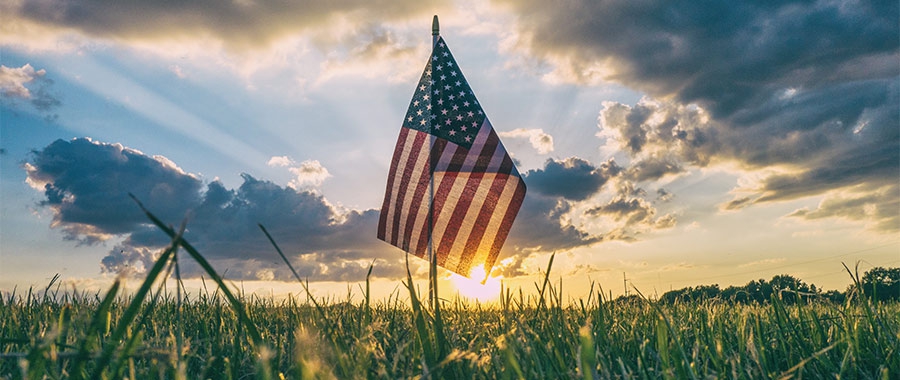
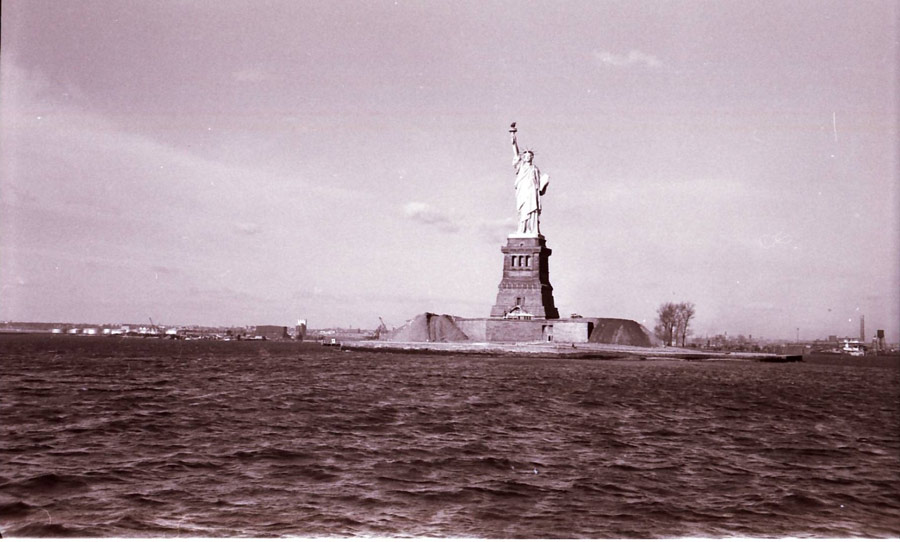

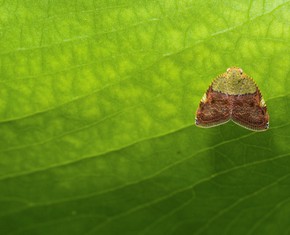
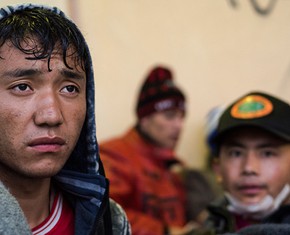

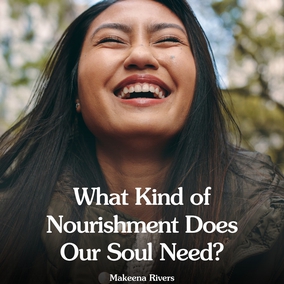








I did not want to leave but was send. I also wonder at times what my life would have been if i had stayed back home in Tehran.
And it's good to remember that America was built by people who had nothing but a heart filled with dreams. Keep your face always toward the sunshine - and shadows will fall behind you.